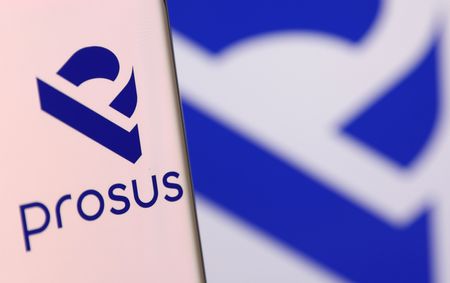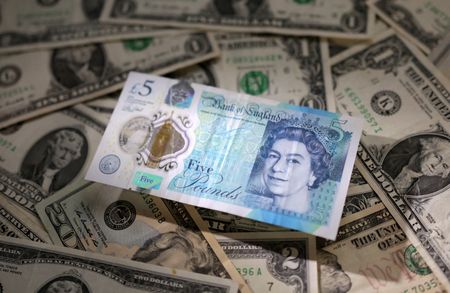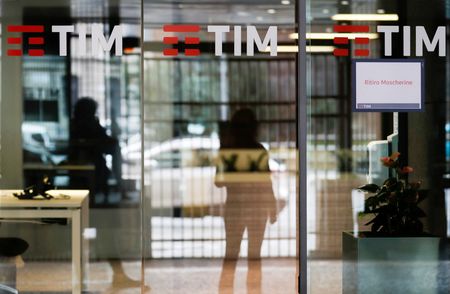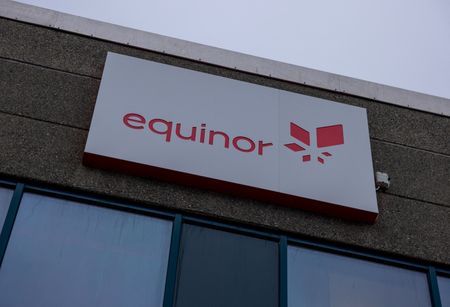By James Davey and Paul Sandle
LONDON (Reuters) – Two of Britain’s biggest businesses, BT and Sainsbury’s, said tax changes in last week’s budget would fuel inflation, a view already playing into the Bank of England’s longer term interest rate plans.
Telecoms company BT, which employs more than 100,000 people, and supermarket Sainsbury’s, which has around 150,000, said they may have to raise prices in response to increases in employers’ National Insurance (NI) social security contributions from April.
The Bank of England cut interest rates on Thursday for only the second time since 2020 and said future reductions were likely to be gradual, forecasting that the new government’s first budget would lead to higher inflation.
Finance Minister Rachel Reeves’ plan was likely to add just under half a percentage point to the rate of inflation at its peak in just over two years’ time, the BoE said.
Investors had already reeled in their bets on repeated interest rate cuts next year after the tax rises she announced on Oct. 30, which she said were needed to fix public services.
She said employers’ NI contributions would go up by 1.2 percentage points to 15%, while the threshold for firms to start paying would be lowered to 5,000 pounds ($6,483)from 9,100 pounds.
BT said the change would increase its costs by close to 100 million pounds next year, about 0.5% of the company’s total cost base. Sainsbury’s said it was facing headwinds of 140 million pounds from the national insurance change.
“We’ll do everything we can to mitigate this, but given the margins of the industry – this is a 3% margin industry – there just isn’t the capacity to absorb this level of unexpected cost inflation that is coming at us as fast as it is,” said Sainsbury’s CEO Simon Roberts.
“There’s a lot of pressure in the pipe already,” he added.
BT’s boss Allison Kirkby said while she would also look for savings to offset the rise in costs, price rises were possible.
“We will absolutely have to look at our pricing relative to input inflation that we are incurring,” she said.
Asked about Roberts’ comments, BoE Governor Andrew Bailey said the higher costs businesses were facing would impact wages, employment and productivity as well as prices.
“One of the things that we’ve picked up (…) is that over the last year or so, firms have found it harder to pass cost increases on into prices,” he said.
Last week the Office for Budget Responsibility, whose forecasts underpin the government’s tax and spending plans, said the NI increase would add to inflation as firms pass on the cost to consumers. Reeves said company profits would have to absorb some of the rises.
Marks & Spencer, JD Wetherspoon, and Primark, three other big high street employers, said this week they would try to minimise the cost rises they pass onto consumers.
($1 = 0.7747 pounds)
(This story has been corrected to remove the reference to minimum wage in paragraph 7)
(Writing by Sarah Young; additional reporting by William James; Editing by Philippa Fletcher and Mark Potter)










